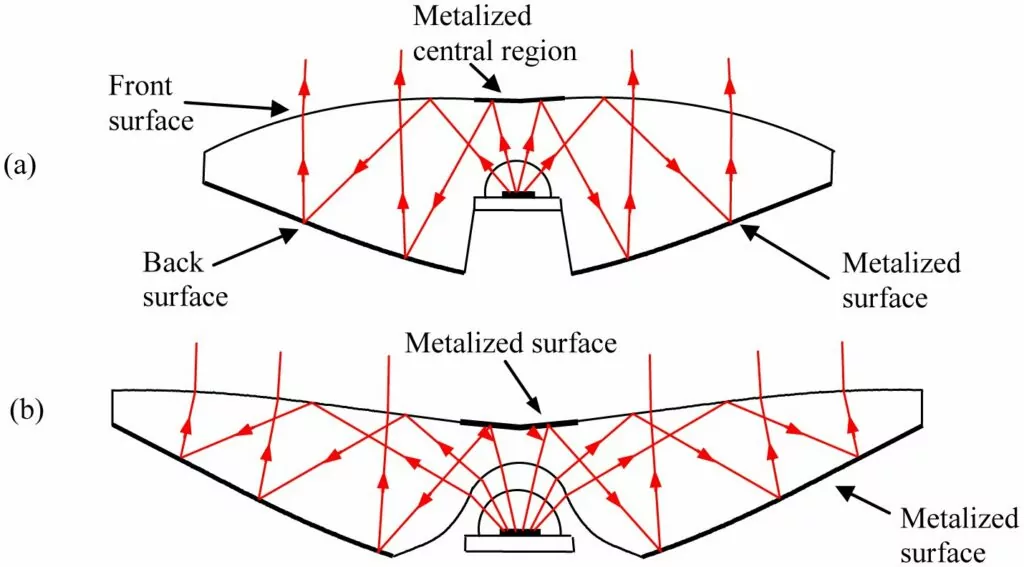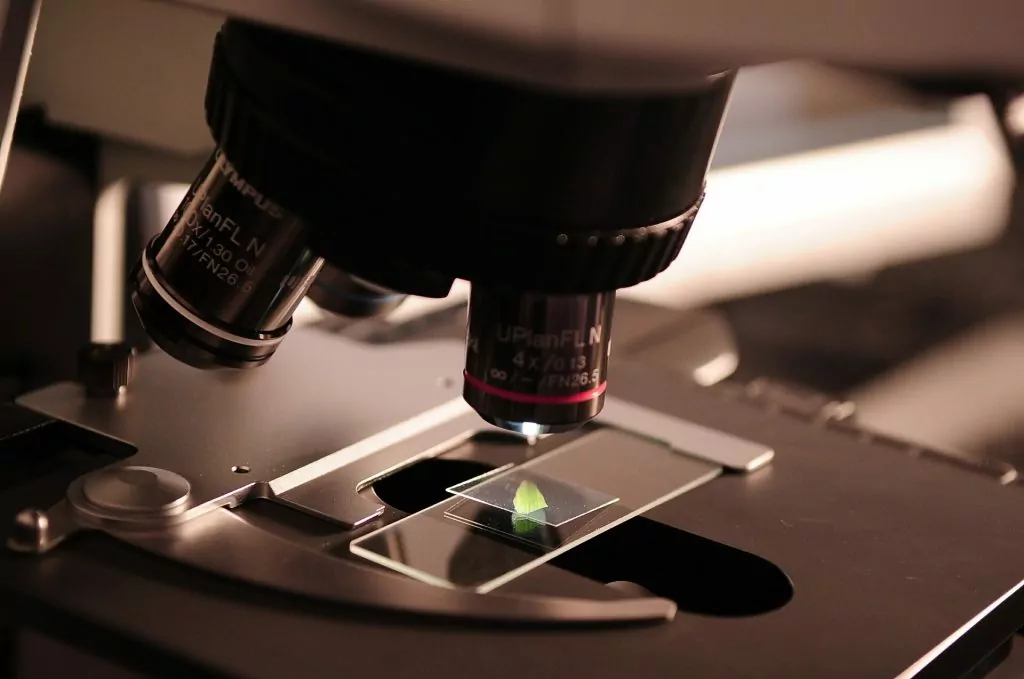How to Reverse Engineer a Lens.

Can You Reverse Engineer a Lens? This is a question we get from time to time and the short answer is usually ‘no’. There are vendors who can provide this, but in our experience, it really hasn’t been worth the effort. While you could measure each lens element and get its radius, you need to […]
Difficulty of optical requirements for roadway lighting, ranked

All roadway lamps must be designed according to specific standards. The most popular ones are a US standard called “IESNA RP 8-00 Roadway lightning” and a European one called “CIE 140-2000 Road lighting calculations”. In the case of CIE 140-2000, the standard only specifies parameter definitions, calculations, and measuring technique, while the actual parameter values […]
Understanding K Correlation in Optical Design: Managing Stray Light and Light Scattering

In this article, we will explore a critical aspect of optical design: the K correlation, and how it plays a pivotal role in managing issues such as stray light and light scattering in optical systems, and we will discuss the Bidirectional Scattering Distribution Function (BSDF) in greater detail. The Significance of K Correlation In optical […]
Variable spot size + color mixing optical system

In applications like concert show lighting, architectural lighting, and cinema projection, achieving good color mixing and variable spot size is essential. The optics design in front of a RGBW LED source must include optimization for color uniformity as well as beam shape. A common solution is to place diffuse materials in the optical path. This […]
RXI Collimators explained

Optical RXI collimators, also called non-imaging concentrators are optical components that can collect and project light from a source. Common examples include solar collectors that concentrate the sun’s light and project it to heat a surface or direct it to solar panels. Another application is to control the hemispheric radiation of an LED. Non-imaging concentrators […]
Scanning and Fluorescent Microscope Design Steps

Microscopy is a fundamental technique used to analyze samples that are too small to be perceived without magnification. It is used in multiple sciences, from biology, medicine, chemistry to anthropology, and any science where small samples are presented. Early microscopes were simple instruments with just a couple of optical elements. As methods improved, so did […]